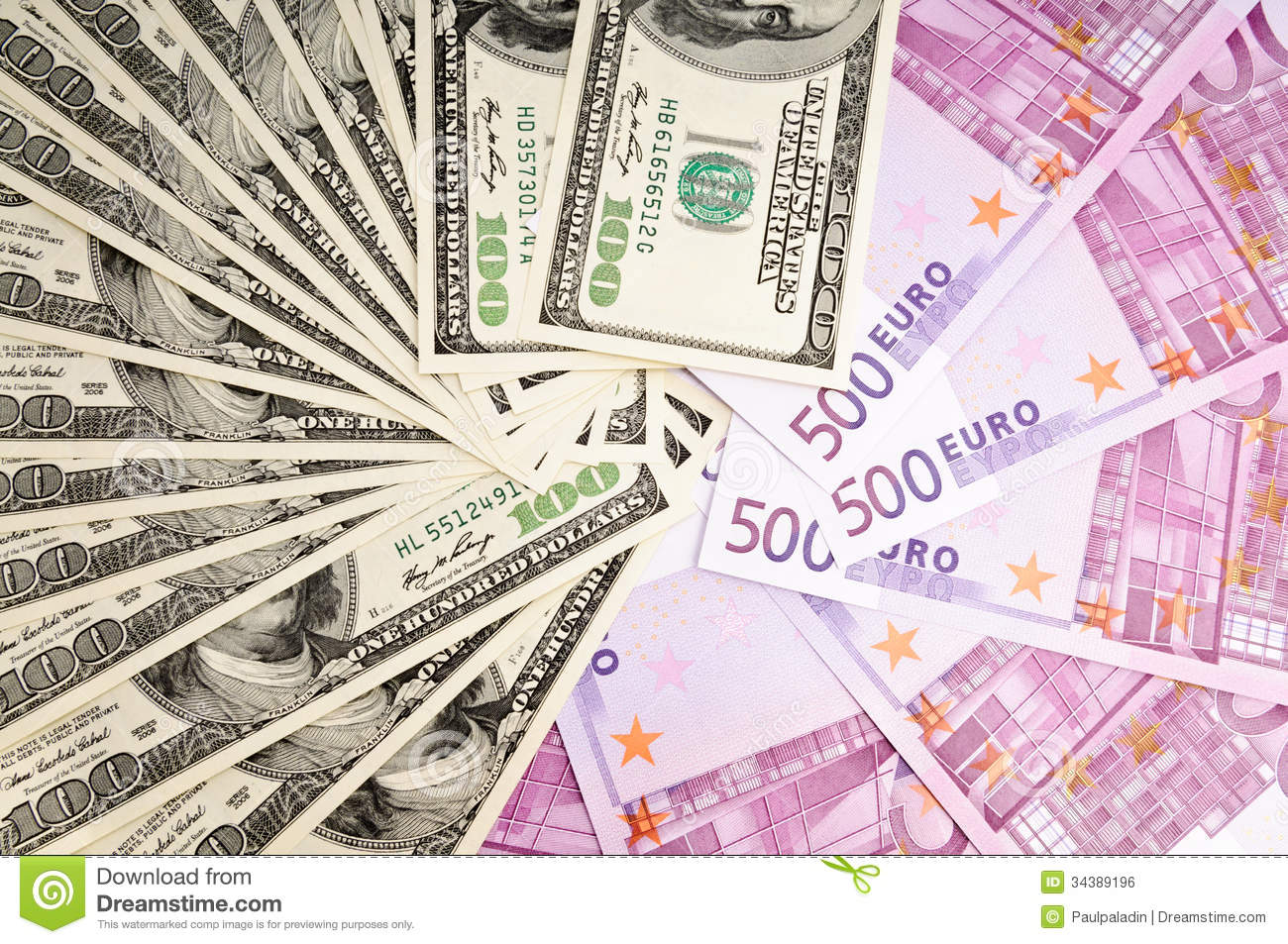Foreign News
The dollar’s dominance is shrinking — and it’s the krona and the won that are replacing it in reserves, the IMF says
The dollar has reigned supreme as the world’s global reserve for decades — but that story has been changing, according to economists at the International Monetary Fund.
In fact, the dollar’s share of global foreign exchange reserves dipped below 59% in the final quarter of last year, continuing a downtrend that has been going on for two decades, an IMF blog post on Wednesday said.

“The dollar has not become more dominant. It has not even maintained the dominance of prior years,” economists Serkan Arslanalp, Barry Eichengreen, and Chima Simpson-Bell wrote.
The shift away from the dollar is being driven by central banks’ interest in non-traditional reserves, including the Swedish krona, the South Korean won, and the Australian and Canadian dollars. The currencies of smaller economies that traditionally haven’t been in reserve holdings account for three-quarters of the shift away from dollars, IMF economists said.
At the same time, other traditional reserve currencies that have played a large international role — including the euro, yen, and the pound — haven’t seen increases at the dollar’s expense.
Three factors, they noted, have contributed to the erosion of the dollar’s standing: the growing
liquidity
of markets in non-traditional currencies, the rise of new financial technologies that make it cheaper to trade currencies of small economies, and central banks’ hunt for higher-yielding bonds as yields on the 10-year US Treasury bond declined.
This dim view of the greenback’s prospects contradicts more bullish forecasts. A Morgan Stanley strategist for instance, recently said that the dollar’s dominance is here to stay for a “very long time” as China’s strict zero-COVID policy tarnishes the appeal of the yuan.
The dollar’s dominance was also echoed by a US Treasury official who reinforced the sentiment that the dollar will remain the global currency reserve.
But in April, the Bank of Israel revealed a new strategy for the allotment of its more than $200 billion of reserves in over a decade. It will expand its holdings to include the Canadian and Australian dollars, the Chinese renminbi, and the Japanese yen. The dollar’s share at Israel’s central bank will subsequently fall from 66.5% to 61%, per Bloomberg.
Meanwhile, a top IMF official warned in March that Western sanctions on Russia following its invasion of Ukraine could diminish the dominance of the US dollar. The war could also prompt the adoption of cryptocurrencies and stablecoins, though there is still a gap in regulation, Gita Gopinath said.
In the case of non-traditional currencies overtaking the US dollar, IMF economists wrote: “All this suggests that if dollar dominance comes to an end (a scenario, not a prediction), then the greenback could be felled not by the dollar’s main rivals but by a broad group of alternative currencies.”
Please Comment and Share



